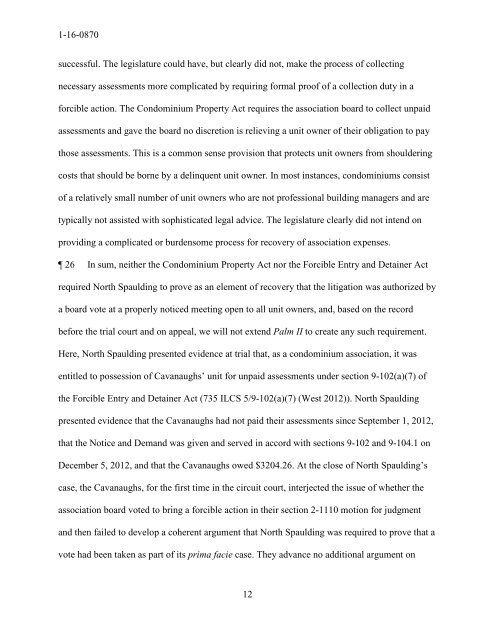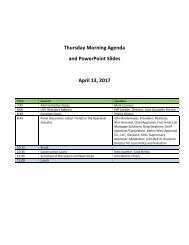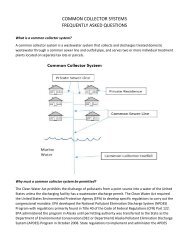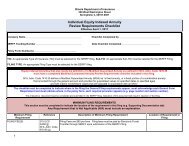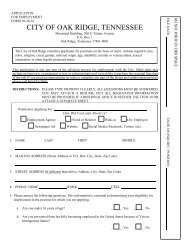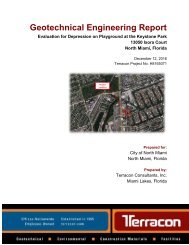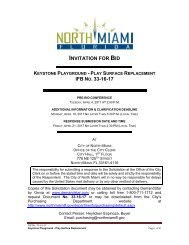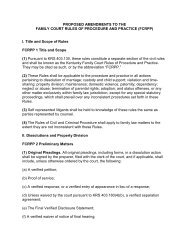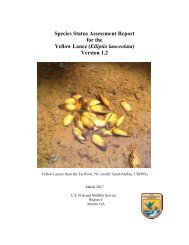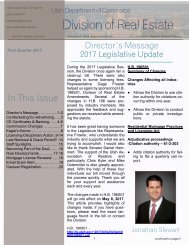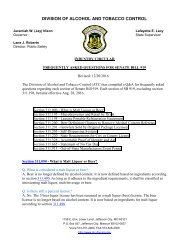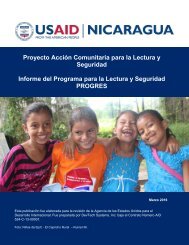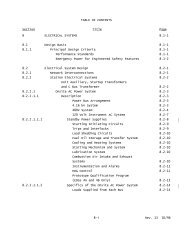1160870
1160870
1160870
Create successful ePaper yourself
Turn your PDF publications into a flip-book with our unique Google optimized e-Paper software.
1-16-0870<br />
successful. The legislature could have, but clearly did not, make the process of collecting<br />
necessary assessments more complicated by requiring formal proof of a collection duty in a<br />
forcible action. The Condominium Property Act requires the association board to collect unpaid<br />
assessments and gave the board no discretion is relieving a unit owner of their obligation to pay<br />
those assessments. This is a common sense provision that protects unit owners from shouldering<br />
costs that should be borne by a delinquent unit owner. In most instances, condominiums consist<br />
of a relatively small number of unit owners who are not professional building managers and are<br />
typically not assisted with sophisticated legal advice. The legislature clearly did not intend on<br />
providing a complicated or burdensome process for recovery of association expenses.<br />
26 In sum, neither the Condominium Property Act nor the Forcible Entry and Detainer Act<br />
required North Spaulding to prove as an element of recovery that the litigation was authorized by<br />
a board vote at a properly noticed meeting open to all unit owners, and, based on the record<br />
before the trial court and on appeal, we will not extend Palm II to create any such requirement.<br />
Here, North Spaulding presented evidence at trial that, as a condominium association, it was<br />
entitled to possession of Cavanaughs’ unit for unpaid assessments under section 9-102(a)(7) of<br />
the Forcible Entry and Detainer Act (735 ILCS 5/9-102(a)(7) (West 2012)). North Spaulding<br />
presented evidence that the Cavanaughs had not paid their assessments since September 1, 2012,<br />
that the Notice and Demand was given and served in accord with sections 9-102 and 9-104.1 on<br />
December 5, 2012, and that the Cavanaughs owed $3204.26. At the close of North Spaulding’s<br />
case, the Cavanaughs, for the first time in the circuit court, interjected the issue of whether the<br />
association board voted to bring a forcible action in their section 2-1110 motion for judgment<br />
and then failed to develop a coherent argument that North Spaulding was required to prove that a<br />
vote had been taken as part of its prima facie case. They advance no additional argument on<br />
12


